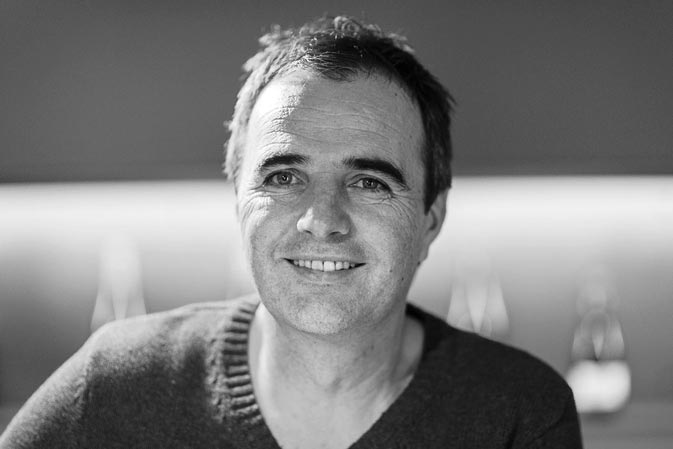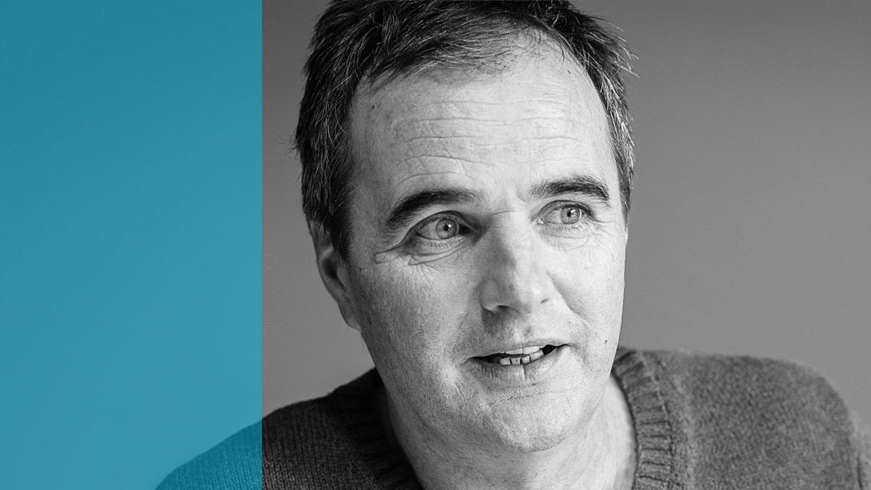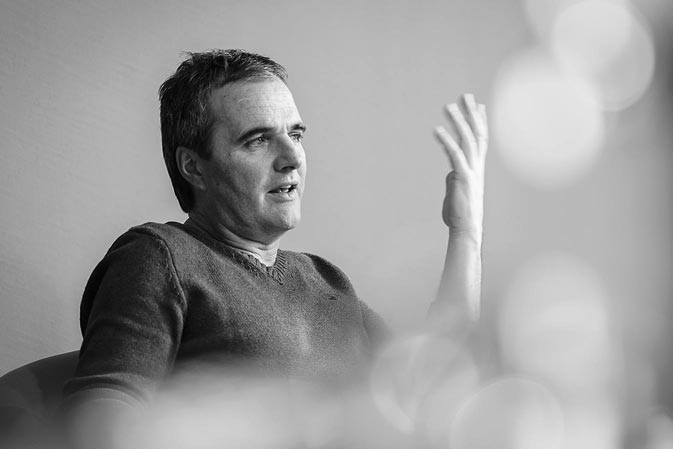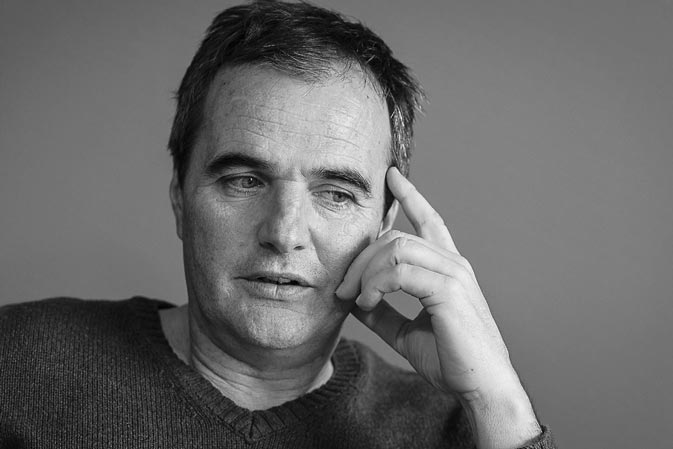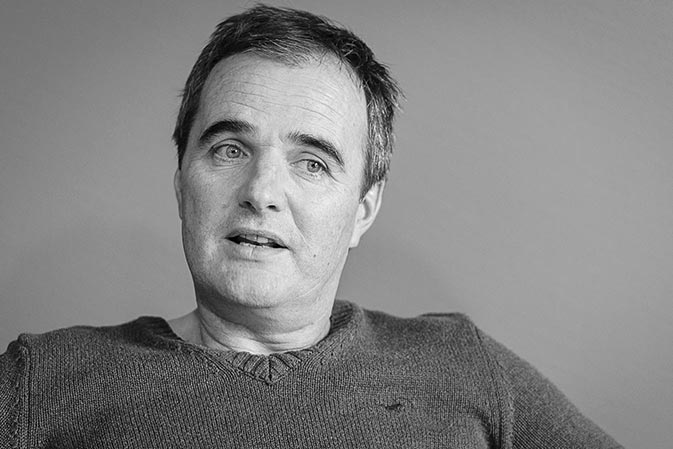echo-interview with Andrea Davaz, owner and manager of the winery, Davaz in Fläsch Graubünden
elipsLife echo: Mr Davaz, you are one of Switzerland's renowned winegrowers. Your wines regularly collect awards at the Grand Prix du Vin Suisse. What does a winegrower from your region need to be successful?
Andrea Davaz: There are many factors in play. You need solid vocational training, a lot of experience and above all else, a passion for the work. And it goes without saying that the climate and terroir are crucial as well. We're very lucky in our Bündener Herrschaft growing region, since it enjoys the warmest climate in German-speaking Switzerland. Conditions are perfect for the vines, and they have been for centuries. In fact, grapes have been cultivated around here for more than a thousand years. I would say that success is down to the interplay between human beings and nature. You just need to guard against greed and the urge for success in the short term. Thinking in the long-term is the only way to go.
The world is still producing too much wine. But despite this development, wines from your region continued to sell out quickly. Is this still the case?
Fortunately for us, it is. But you do need to take the sheer size differences into account here. Our region only stretches over 440 hectares. This compares to 5,500 hectares in the Valais region. And don't forget, the wine growing regions in Switzerland as a whole only cover 15,000 hectares. These numbers are drops in the ocean compared to the major wine-growing countries of France, Spain and Italy, each of whom has over one billion hectares of vineyards. We in the Bündener Herrschaft are niche producers within one region. Our advantage is that Switzerland is a very consumer-friendly country, something which is also reflected in high per capita wine consumption.
That said, Swiss growers as a whole are only responsible for about one-third of the total wine drunk in the country. Of overall domestic output, we in the Bündner Herrschaft only account for around three percent. And if you take the country's overall consumption of wine into account, Graubünden's contribution is even more modest, at a mere one percent. In other words, only one in a hundred bottles of wine enjoyed in Switzerland comes from our vineyards.
